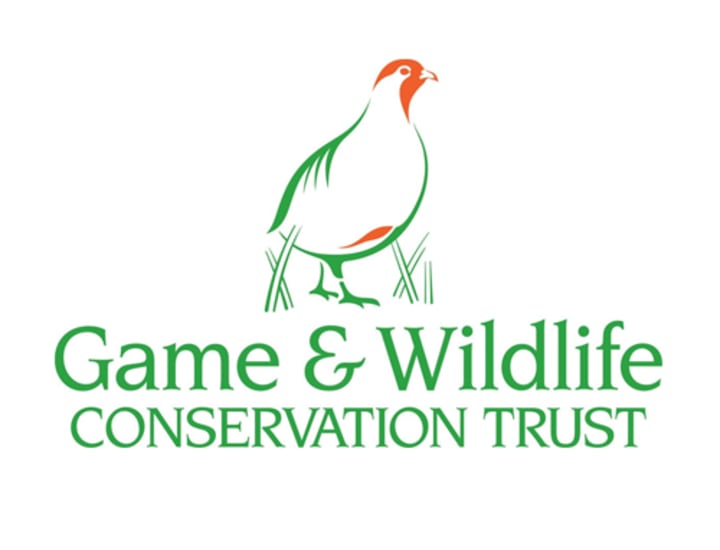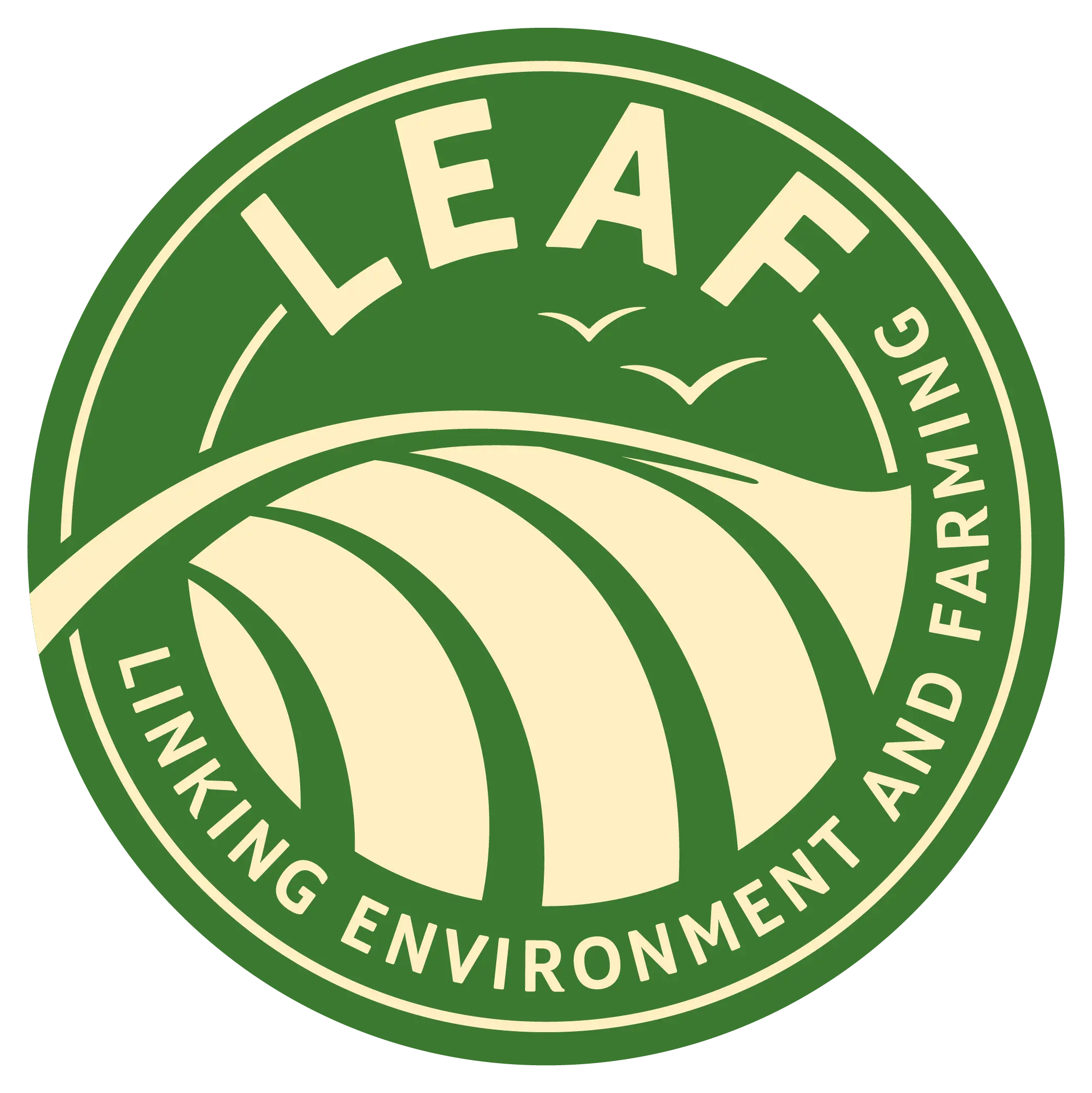- About Integrated Farm Management
- LEAF Network
- Resources
- LEAF Speak Out Toolkit
- LEAF Sustainable Farming Review
- Training
- LEAF Endorsed Advisors & Consultants
- Our Projects & Partnerships
- Nature Based Solutions to Climate Change
- Beacons of Excellence
- Resilient & Ready
- Accelerating & Demonstrating the Journey to Net-Zero
- About LEAF Marque
- The LEAF Marque Standard
- Setting the Standard
- Our impact
- Your Feedback
- Working with Certification Bodies
- LEAF Marque Champions
- Benchmarking & Equivalence
- For Farmers & Growers
- Public Consultation
- Farmer & Grower Help Centre
- Claims & Labelling
- Documents & Downloads
- News & Notices
- Training
- For Teachers & Educators
- What we offer
- Our Competitions
- Classroom activities and resources
- Case Studies
- For Farmers & Businesses
- How to get involved
- Hosting farm visits
- Accredited training
- Activity and Networking Days
- Seminars & Workshops
- About Us
- Membership
- Our Impact
- LEAF Education Specialists
- Contact Us
- Our Research
Game & Wildlife Conservation Trust
The Allerton Project was established in line with the will of Lord and Lady Allerton and is partnered with the Game & Wildlife Conservation Trust. The Allerton farm is a commercially run mixed arable and livestock demonstration farm based on 320 ha of clay soil on the Loddington Estate. Crops grown are primarily winter wheat, winter oilseed rape, winter/spring oats and winter/spring beans.

Primary Contact: Alastair Leake (Director of Policy & Allerton Project)
[email protected] | 01572 718730
The farm has 20 hectares of woodland and numerous streams and ponds within its boundaries, and a flying flock graze 30 hectares of permanent grassland. The Allerton project has a comprehensive Integrated Farming System with a strong focus on cultivation systems work and is working overall towards regenerative agriculture. This involves more soil cover and expanding rotations, and although currently operating stockless systems, the project is looking at opportunities to go into livestock.
The Allerton Project also has an award-winning 'eco-build' visitor centre which welcomes over 3,000 people a year, including environmental groups, politicians and policy makers, food manufacturers and retailers, as well as the general public at Open Farm Sunday.
Remit:
To research the effects of different farming methods on wildlife and the environment, and to share the results of this research to inform practice on the ground, policy and educational activities.
Activities:
Work covers natural capital accounting, agri-environment schemes and regenerative farming systems. From soil and water to woodland and environmental habitat that increases biodiversity, the overarching aim is to build farmland resilience. The Allerton project is looking at herbal leys, bringing in a stewardship schemes, fallow periods and reducing inputs in cereals. The project also works with the Woodland Trust, Organic Research Centre and Natural England on agroforestry work.
The Allerton research team collaborate with other research organisations and help co-supervise numerous PhD and MSc projects. Visitors to the project include policy makers, regulators, farmers, advisors, students and schools and there are several initiatives that involve the local community including LEAF’s Open Farm Sunday and a community orchard project helping to preserve local rare apple.
Research results are used to inform both practice on the ground, through events for farmers and other agricultural professionals at Loddington, and policy at the national level. The results are also shared with the scientific community through publication in peer-reviewed journals. The GWCT have been also involved with Farm Cluster since it’s conception and organises the nationwide Big Farmland Bird Count every year.
The project also offers a range of training courses including Beta Conservation Management, a compulsory part of the BASIS diploma, and courses on regenerative agriculture.
Projects: The Allerton Project is involved with the Agri-Capture project and in the 4th year of a 5 year EU wide Conservation Agriculture and Sustainable Farming Systems initiative with Syngenta involving the rotational appraisal of tillage including study on gas emissions etc.
- SoilCare: EU funded project testing soil management practices intended to increase farm business profitability while delivering environmental benefits
- Soil Biology & Health- AHDB funded investigating the role of soil biology in improving soil function and associated benefits to crops
- Soil Quality for Environment Health: funded by SARIC aims to apply an Australian initiative to the UK
Research interests:
The Allerton Project has a broad scope to conduct research into agri-environmental issues at a range of scales, from experimental plot to landscape scale.
- Soil and water management
- Boosting biodiversity
- Songbirds and game management
- Sustainable Intensification Platform
- River basin management
- Agroforestry
- Water Friendly Farming
